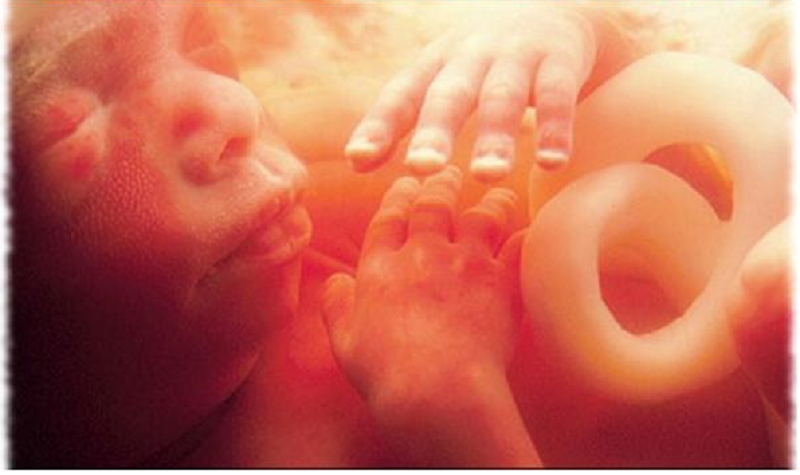“Kansas’ highest court appeared receptive Thursday to declaring for the first time that the state constitution recognizes abortion rights,” wrote the Associated Press’s John Hanna.
Indeed, the questions from the majority of Kansas Supreme Court Justices hearing oral arguments in the most important pro-life case in Kansas history, seemed focused on how—not whether– an abortion right will be framed to support a lower court injunction on dismemberment abortions.
Only one Justice, Caleb Stegall, repeatedly probed the problems of the Court “discovering” new abortion protection that, in effect, gives constitutional rights to some groups and not others (the unborn).
SB 95, which Kansas enacted in 2015, is titled the Unborn Child Protection from Dismemberment Abortion Act. The measure prohibits abortions in which the fully-formed unborn child is torn apart with sharp metal tools, bit by bit, while still alive, inside her mother.
Unfortunately, the justices, the media, and those of us in the audience, never heard any description of an actual dismemberment abortion yesterday.
Instead, according to Janet Crepps, an abortion attorney for the New York-based Center for Reproductive Rights (CRR), women are the victims under SB 95, She told the justices that second-trimester non-dismemberment abortion methods were “experimental” and “painful” for women and an affront to their “privacy, autonomy, dignity and bodily integrity.”
And she said that with a straight face.
Solicitor General Stephen McAllister argued that abortion supporters want the Kansas Supreme Court to engage in a brand of judicial activism that ignored the text of the state’s constitution and the history of pro-life laws enacted in Kansas.
“If the people of Kansas want to create a constitutional right to abortion, they have a ready mechanism for doing so — the constitutional amendment process. Kansans have not been shy about utilizing it.”
CRR’s Crepps urged the justices to declare a “fundamental” right to abortion even broader than that created by Roe v. Wade, based on a “liberty” interest which has “evolved” during the nation’s “march to progress.”
Click here to sign up for pro-life news alerts from LifeNews.com
She clearly aimed to undermine the “compelling” state interests that justify abortion restrictions and that are currently honored by the U.S. Supreme Court. These interests, cited in the 2007 Gonzales ruling upholding a ban on partial-birth abortions, include:
- That the State may use its regulatory power to bar certain procedures and substitute others, all in furtherance of its legitimate interests in regulating the medical profession.
- That the government may use its voice and its regulatory authority to show its profound respect for the life within the woman.
When questioned when the unborn merited constitutional rights, Crepps replied that those rights “attached” at birth.
At birth. That did not make its way into the Associated Press story, nor any other story in the Kansas media.
Abortion up until birth is an extreme position that very, very few Americans agree with.
A long line of discussion ensued on how that position can be reconciled with Kansas laws, including the fetal homicide statute allowing for prosecution of crimes resulting in the murder of unborn babies. Justice Stegall asked Crepps: “How can we convict somebody of murder of an entity that has no inalienable rights, has no right to life? How can that be consistent? How can the state do that?”
Two of the justices seemed more concerned that without a state abortion “right,” women “would be forced to give birth” and pregnant women could “lose their lives.”
Lost in the discussion is the fact that abortion regulations in Kansas have always allowed “life of the mother” exceptions.
The painful and barbaric nature of dismemberment abortion –violence that, under Kansas law, is not tolerated for pets and livestock in Kansas—was ignored.
Mc Allister warned the justices that the case before them does not require the drastic judicial activism that Crepps promotes, and that was exhibited in Roe v Wade, causing “more than four decades of havoc.”
He closed his remarks with a quote from Justice Bryon White’s dissent in Roe:
“As an exercise of raw judicial power, the Court perhaps has authority to do what it does today, but, in my view, its judgment is an improvident and extravagant exercise of the power of judicial review that the Constitution extends to this Court.”
LifeNews.com Note: Kathy Ostrowski is the legislative director for Kansans for Life, the state affiliate to the National Right to Life Committee.








